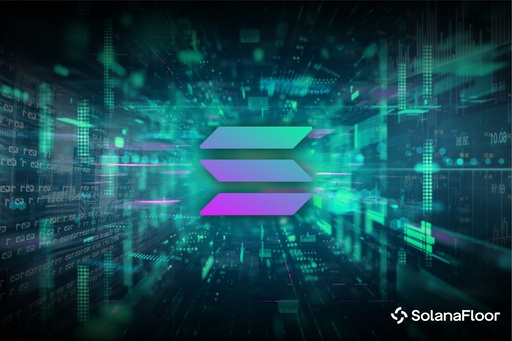
Solana Community Begins Voting on Alpenglow Upgrade Proposal
SIMD-0326 aims to deliver 150ms block finality, marking the network's most ambitious consensus overhaul to date.
- Published:
- Edited:
The Solana community has entered the voting stage for SIMD-0326, also known as Alpenglow, a governance proposal described as the most significant consensus upgrade in the network’s history.
Voting began on August 27 with epoch 840 and will run through epoch 842, which is approximately one week in duration. Solana Labs co-founder Anatoly Yakovenko encouraged validator operators to exercise their voting rights via an X post, saying, “Vote for alpenglow! Don’t be lazy.”
If approved, Alpenglow would replace Solana’s Proof-of-History and TowerBFT systems with a new architecture designed to finalize blocks in as little as 150 milliseconds, a sharp improvement from the 12.8 seconds typical under the current setup.
Early Voting Results
Since voting opened, 172 validators have cast their ballots, representing about 16 percent of the network stake. Data from Dune Analytics shows that more than 99 percent of these votes support SIMD-0326. Prominent Solana ecosystem teams, including Helius, Drift, and Laine by SOL Strategies, have backed the proposal.

To pass, SIMD-0326 requires participation from at least 33 percent of the network stake, along with a two-thirds majority in favor of the proposal. The vote will conclude at the end of epoch 842, giving validators additional time to take a position. Validators are using a token distribution system built by Jito to claim voting tokens and cast their decision across the three available options: Yes, No, or Abstain.
Proposal Summary
Alpenglow introduces a sweeping redesign of Solana’s consensus mechanism. Authors Quentin Kniep, Kobi Sliwinski, and Roger Wattenhofer from Anza outline a system built around Votor, a lightweight direct-vote protocol. Unlike TowerBFT, which relies on longer confirmation times and gossip-heavy communication, Votor uses direct validator exchanges with cryptographic aggregation to finalize blocks in one or two voting rounds, depending on network conditions.
This approach aims to cut latency while also drastically reducing bandwidth costs. The protocol supports notarization, skipping, or finalization certificates, depending on validator input, which together streamline block validation and consensus.
Motivation Behind the Upgrade
The shift toward Alpenglow addresses both performance and security concerns associated with Solana’s legacy model. TowerBFT not only imposes long delays before finality but also lacks formal safety guarantees. These weaknesses have raised the risk of reorganization and strategic voting behaviors among validators.
Alpenglow restructures validator incentives to align with its streamlined voting process. Instead of submitting on-chain vote transactions, validators cast off-chain votes aggregated by leaders. Rewards remain proportional to stake weight, but validators must actively participate to earn them. Failing to vote or submitting conflicting votes results in disqualification from rewards and potential removal from the validator set.
Leaders gain compensation for aggregating and submitting vote data, along with a flat bonus for producing finalization certificates. This structure is designed to balance rewards, maintain fairness, and promote validator engagement.
Implications for Solana
If approved, Alpenglow could significantly alter Solana’s positioning in the Layer-1 blockchain ecosystem. Near-instant block finality would make the network more attractive to developers building high-frequency decentralized applications, institutional investors considering adoption, and decentralized finance protocols requiring low-latency performance.
The proposal also carries economic implications. The Validator Admission Ticket (VAT) introduces recurring costs for operators, which may affect smaller validators differently from larger ones.
With about one week remaining before the close of epoch 842, validator turnout will determine whether Alpenglow secures enough support to move forward. While early data indicates overwhelming support among those who have voted, the proposal still requires higher participation to meet quorum.
Read More on SolanaFloor
Canary Files for $TRUMP Coin ETF: Are Memecoin ETFs and DATs Becoming the New Normal?
Why Is Staking $SOL The Smartest Move?


